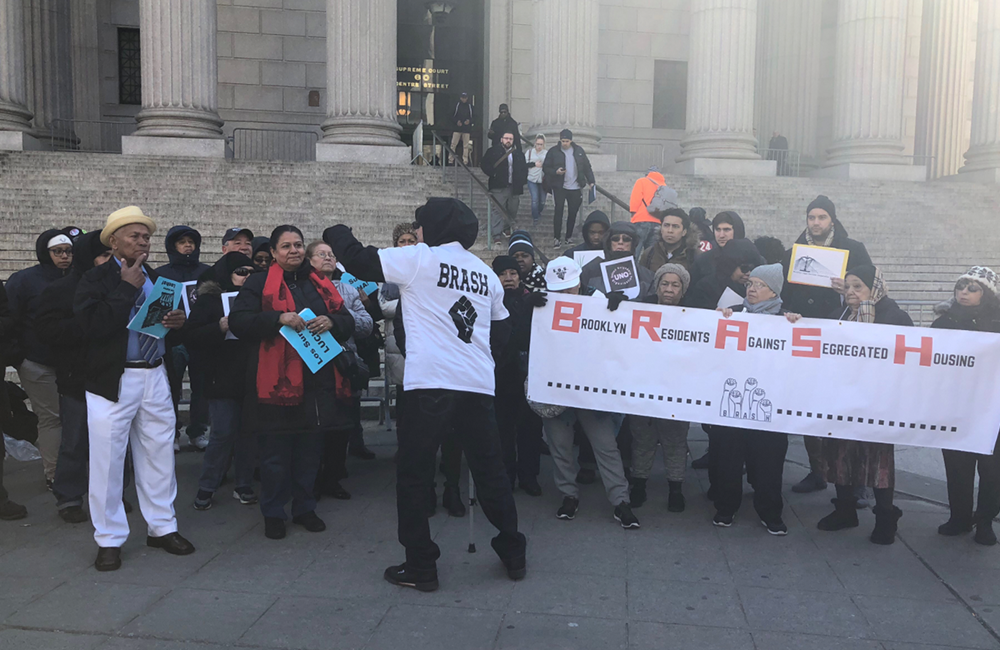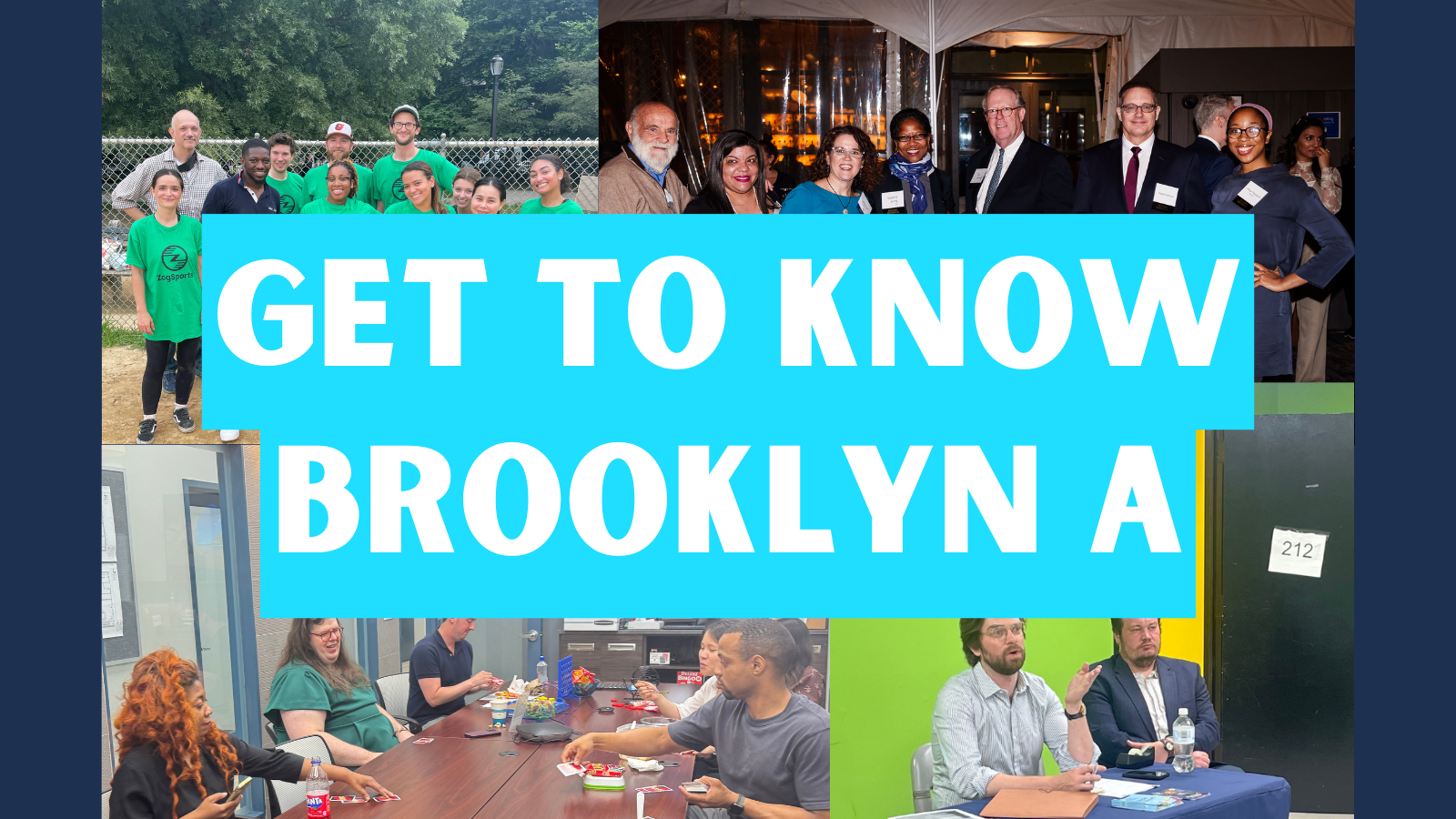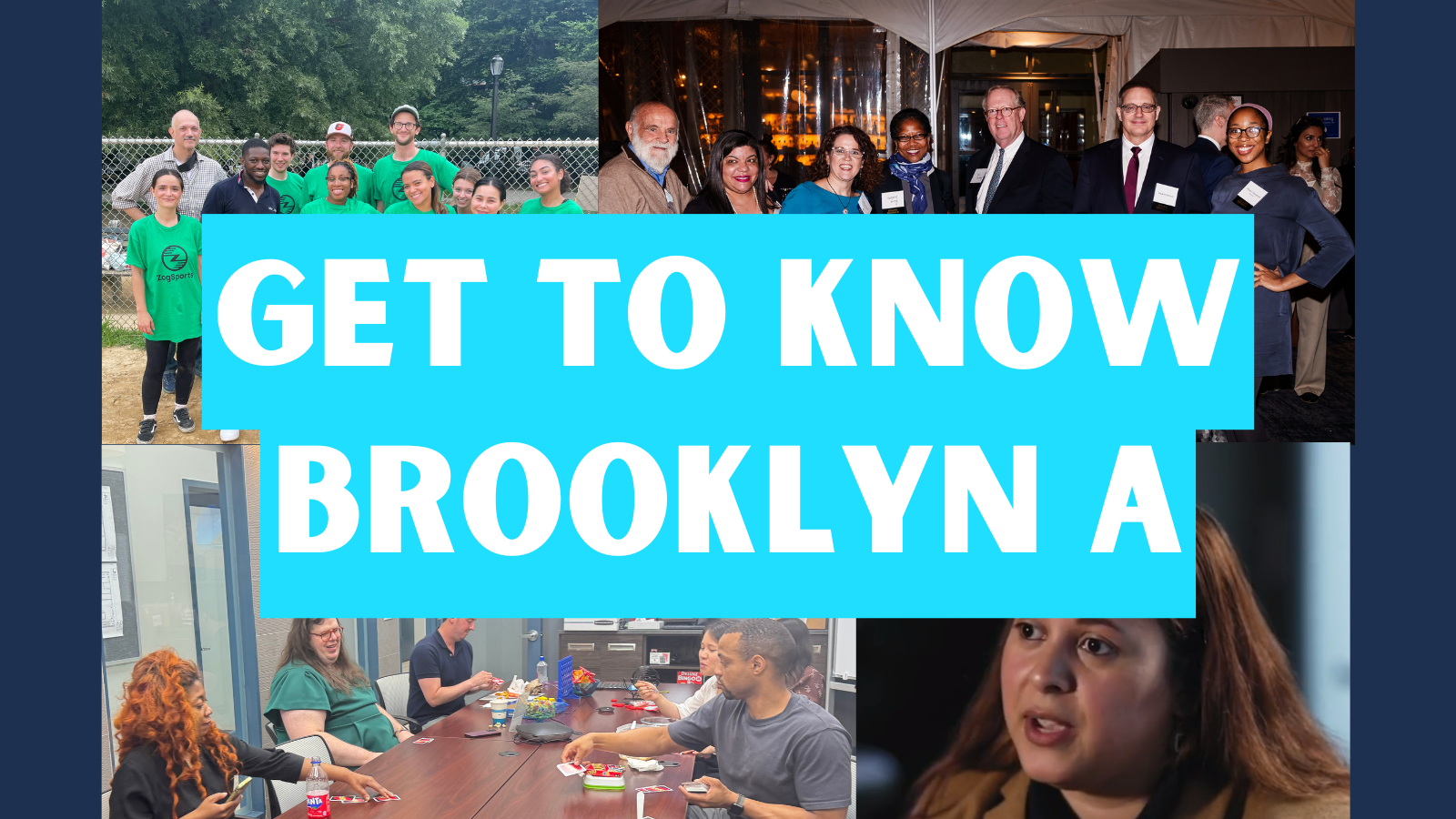It might be easier to count the Brooklyn apartment buildings Johnny Rivera hasn’t visited instead…

Coalition of North Brooklyn Tenants and Housing Groups Victorious in Obtaining Temporary Restraining Order Against Rabsky Group’s Discriminatory Rezoning
DOWNTOWN, MANHATTAN—The Honorable Arthur F. Engoron of the New York State Supreme Court yesterday granted a Temporary Restraining Order (TRO) prohibiting developer Harrison Realty LLC—a subsidiary of the Rabsky Group—from any construction on the so-called Pfizer Sites in Williamsburg’s Broadway Triangle.
Brooklyn Residents Against Segregated Housing (BRASH), a coalition including many of the plaintiffs in Churches United for Fair Housing, et al. v. de Blasio, celebrated this decision as an important victory in their long struggle to address the segregation and discrimination which have long afflicted the communities of Williamsburg, Bedford-Stuyvesant and Bushwick. With this TRO, BRASH and North Brooklyn communities of color send a message to developers and landlords looking to capitalize on the exploitation of the most at-risk communities: that these communities are not for sale, and that any development must be inclusive, community-led and designed to promote fair access to housing.
The decision comes after the filing of a fair housing lawsuit in New York State Supreme Court, seeking to halt a discriminatory development in the Broadway Triangle. BRASH, which is comprised of several North Brooklyn community-based organizations, tenant associations, and residents of the Broadway Triangle and North Brooklyn more broadly, opposes the planned development on the former Pfizer manufacturing sites, citing the City’s failure to fulfill its duties under the federal Fair Housing Act and its obligation to affirmatively furthering fair housing when it rezones a neighborhood.
The Broadway Triangle, located at the border of the neighborhoods of Williamsburg, Bedford-Stuyvesant and Bushwick, has historically been a contentious area of racial and religious segregation and housing discrimination. This fact is highlighted by the division of the communities surrounding the Broadway Triangle. Community District 1, constituting Williamsburg and Greenpoint consists of less than a 5% African-American population, while directly on the other side of Flushing Avenue, the border diving these two communities, with Community District 3, Bedford-Stuyvesant, has a population that is over 50% African-American.
In December 2017, the Broadway Triangle Community Coalition, a group consisting of some of the same plaintiffs as BRASH, settled a nearly decade long lawsuit against the City, which found that the City failed to properly integrate the area through its rezoning proposal, and instead re-enforced patterns of racial segregation. As part of that settlement, all vacant, City-owned land in the Broadway Triangle will be used to develop nearly 400 units of truly and permanently affordable housing, and the City will provide funding for fair housing services that aim to combat discrimination in North Brooklyn.
The new lawsuit addresses many of the same issues still facing the communities of the Broadway Triangle and is centered around the rezoning of the former Pfizer manufacturing sites, located at the intersection of Union and Flushing Avenues. The lawsuit points out that the City did not adequately study the possible segregative impacts of the Pfizer Sites Rezoning before the City Council approved it in October 2017. Through this suit, BRASH seeks to reverse the rezoning so that the segregation and disparate racial and religious impacts of any rezoning or development proposal can be properly studied before approval.
“Today, the City of New York and the big real estate developers were put on notice—if you rezone a neighborhood without considering its impact on segregation, the justice system will hold you accountable. Last week a group of community organizations and local residents filed Churches United for Fair Housing, Inc. v. de Blasio, challenging the recent rezoning of the Broadway Triangle’s Pfizer Sites on the basis that it was rezoned without any analysis of its racial or segregative impacts, in violation of the Fair Housing Act’s requirement that the city “affirmatively further fair housing.” We repeatedly warned the City regarding the history of segregation in the Broadway Triangle and Rabsky’s track record of discriminatory housing
practices. The City refused to heed this warning and today, after a five-hour argument, the Court issued a temporary restraining order against any construction or development on the site to implement the recent rezoning. This is a powerful first step in a case that could have sweeping consequences for the City’s rezoning plans. As we argued repeatedly throughout the Pfizer Sites Rezoning process, it is critical that any new housing developed in our neighborhoods be both affordable and fair. We look forward to the next court date when we will have the opportunity to fully expose the City’s negligence in passing a rezoning that only aids in furthering the segregation that has run rampant in the Broadway Triangle,” said Councilmember Antonio Reynoso, District 34, representing Bushwick, Williamsburg and Ridgewood.
“New York City is among the most segregated cities in America, and this segregation distorts our educational outcomes, job opportunities and access to housing throughout the five boroughs. Under the Fair Housing Act, the City is under a continuing obligation to evaluate and address this segregation, with the aim of making our communities fairer and more integrated. But for years, in violation of this law, the City has turned a blind eye to issues of segregation and racial impacts in its zoning activities. This has got to stop. Yesterday’s temporary restraining order against the Rabsky Group’s development of the Pfizer Sites is a signal to the City and its developers that these are serious issues, and we look forward to a full hearing of the merits in this case,” said Adam Meyers, Staff Attorney, Brooklyn Legal Services Corporation A.
“Today we signal to the City that our communities will not accept to being further segregated,” said Alex Fennell, Network Director, Churches United for Fair Housing (CUFFH). “We demand that the city fulfill their obligations to affirmatively further fair housing by rectifying the Pfizer development which will only exacerbate the existing segregation between Williamsburg, Bedstuy and Bushwick. These divisions have become deeply entrenched in the fabric of our neighborhoods as a result of decades of Federal and City Policies. Churches United for Fair Housing is proud to join BRASH in fighting against these patterns because injustice in housing is racial injustice, and the City bears the burden to correct its mistakes and create a New York that is integrated and accessible to all.”
“As market rate dwellings increase, more of the Black and Latino members of our St. John’s Lutheran Church are displaced. Unfortunately, the limited amount of affordable housing in our community is not equally available to all. The Broadway Triangle is one area of our community where our Black and Latino members have been historically locked out by not-for-us affordable housing. Our survival as a parish depends on the enforcement of civil rights laws that require the City to ensure that all its affordable housing be fairly integrated, regardless of income level, ethnicity or religious faith,” said David Dobosz, Deacon and spokesperson for the Social Action Committee of St. John the Evangelist Lutheran Church, Williamsburg, Brooklyn.


